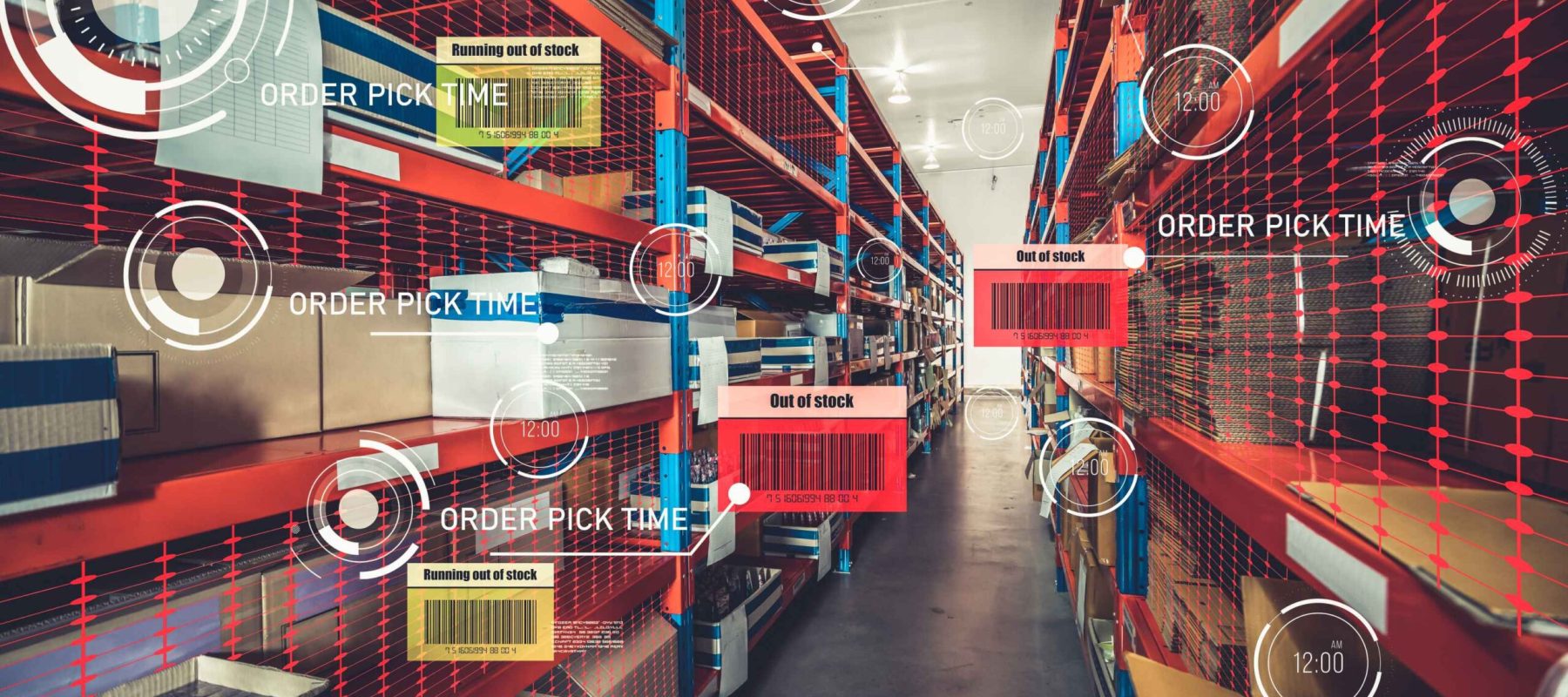How AI Can Revolutionize Personalization and Drive Innovation in Retail
- June 19, 2024

The retail industry is undergoing a significant transformation, with artificial intelligence (AI) emerging as a powerful tool to enhance customer experiences and drive operational efficiency.
This article provides a comprehensive overview of a study conducted by industry experts from Aike, examining the potential of AI in transforming the retail industry. It explores the crucial role of AI in hyperpersonalization and showcases compelling examples of its application in the retail sector.
The Rise of AI in Retail:
AI has become increasingly important in the retail industry, revolutionizing the way businesses engage with customers.
AI is no longer a novel concept but has gained traction due to its consumer-facing applications, such as chatbots and generative AI. These technologies enable retailers to deliver personalized experiences, automate processes, and gain valuable insights from data.
Hyperpersonalization and Consumer Expectations:
One of the central themes explored in the study is hyperpersonalization.
Our experts delve into whether hyperpersonalization is a desirable approach and how AI can enable retailers to meet evolving consumer expectations. By leveraging AI algorithms, retailers can analyze vast amounts of customer data to offer personalized recommendations, tailored marketing campaigns, and customized product offerings.
Take email marketing campaigns as an example, in the realm of traditional personalization and email marketing campaigns, historical data and broad segmentation were the norm. Different segments of consumers would receive
slightly modified versions of emails or campaigns. However, Starbucks, although not strictly a retail example, has taken personalization to a whole new level with its real-time personalization engine.
This innovative system enables Starbucks to generate hundreds of thousands of unique variants of personalized
emails, tailored specifically to individual consumers based on their preferences and behaviors. This includes the specific drinks they have purchased in a given week. As a result, customers receive highly relevant offers that align with their
preferences, creating truly individualized experiences. This example showcases how AI technology is evolving from broad personalization approaches to delivering highly personalized and tailored experiences for each individual.
Promising Examples of AI in Retail:
The study highlights several promising examples of AI applications in the retail industry.
One example is the use of AI-powered chatbots, which provide real-time customer support and enhance the shopping experience.
These chatbots can answer customer inquiries, make product recommendations, and even assist in completing purchases.
Additionally, AI-driven personalized advertising enables retailers to deliver targeted ads based on individual preferences, improving customer engagement and conversion rates.
Logistic management tools powered by AI optimize supply chain operations, ensuring efficient inventory management and timely deliveries.
Another exciting application of AI in retail is visual try-on tools. By using augmented reality (AR) and computer vision technologies, customers can virtually try on products, such as clothing or makeup, before making a purchase decision.
This immersive experience enhances customer satisfaction and reduces the likelihood of returns.

The Transformative Power of AI:
Throughout the study, the Aike team emphasizes the transformative power of AI in the retail industry.
AI algorithms have the potential to generate new content, optimize pricing strategies, and automate various aspects of retail operations.
By leveraging AI, retailers can gain a competitive edge in the ever- evolving market landscape.
The Importance of Data:
Data plays a crucial role in AI implementation. Aike will be continuously focusing on collecting, unifying, and analyzing valuable data in order to train our AI algorithms effectively.
Access to accurate and relevant data allows AI systems to make informed decisions, personalize experiences, and uncover valuable insights.
Concluision:
As the retail industry continues to evolve, AI is poised to play a pivotal role in shaping its future.
This Aike study provides valuable insights into the potential of AI in revolutionizing the retail landscape.
From hyperpersonalization to promising AI applications, retailers have an opportunity to leverage AI to deliver exceptional customer experiences and drive business growth. By embracing AI-driven technologies, retailers can stay ahead of the competition and meet the ever- growing expectations of today’s customers.
